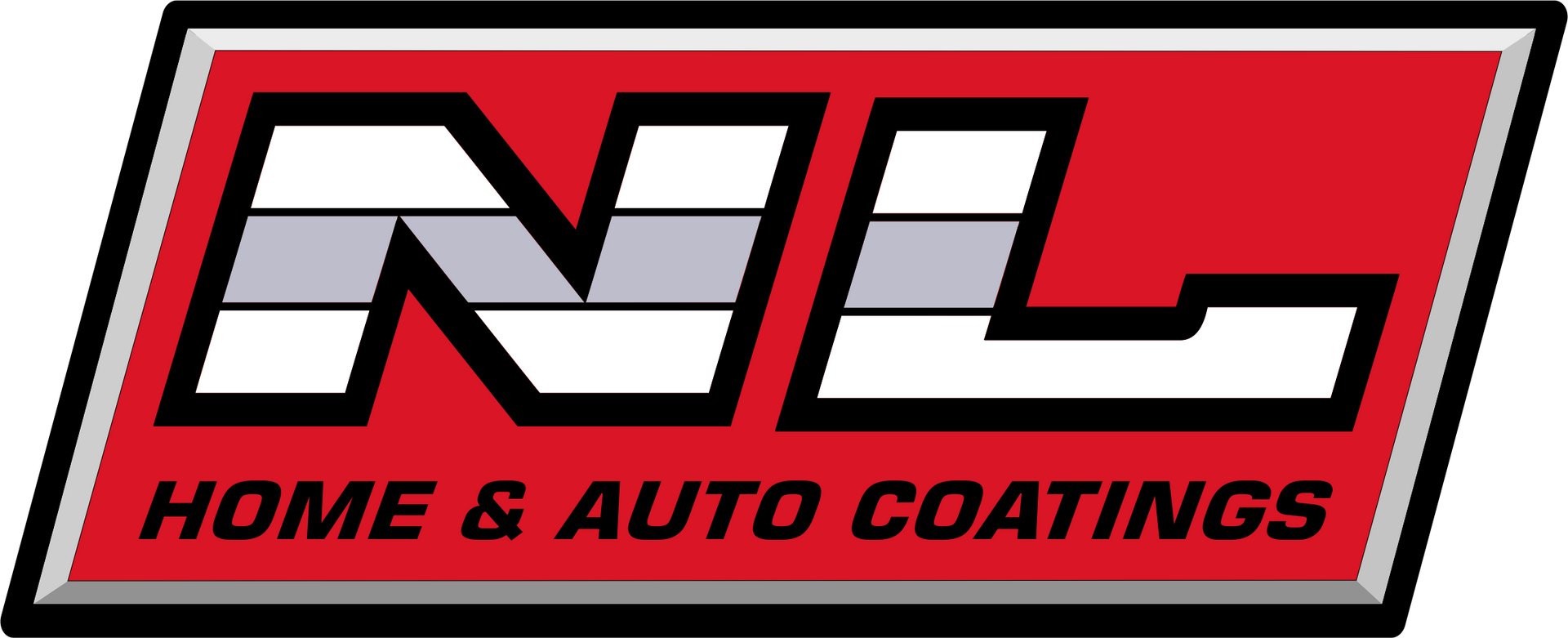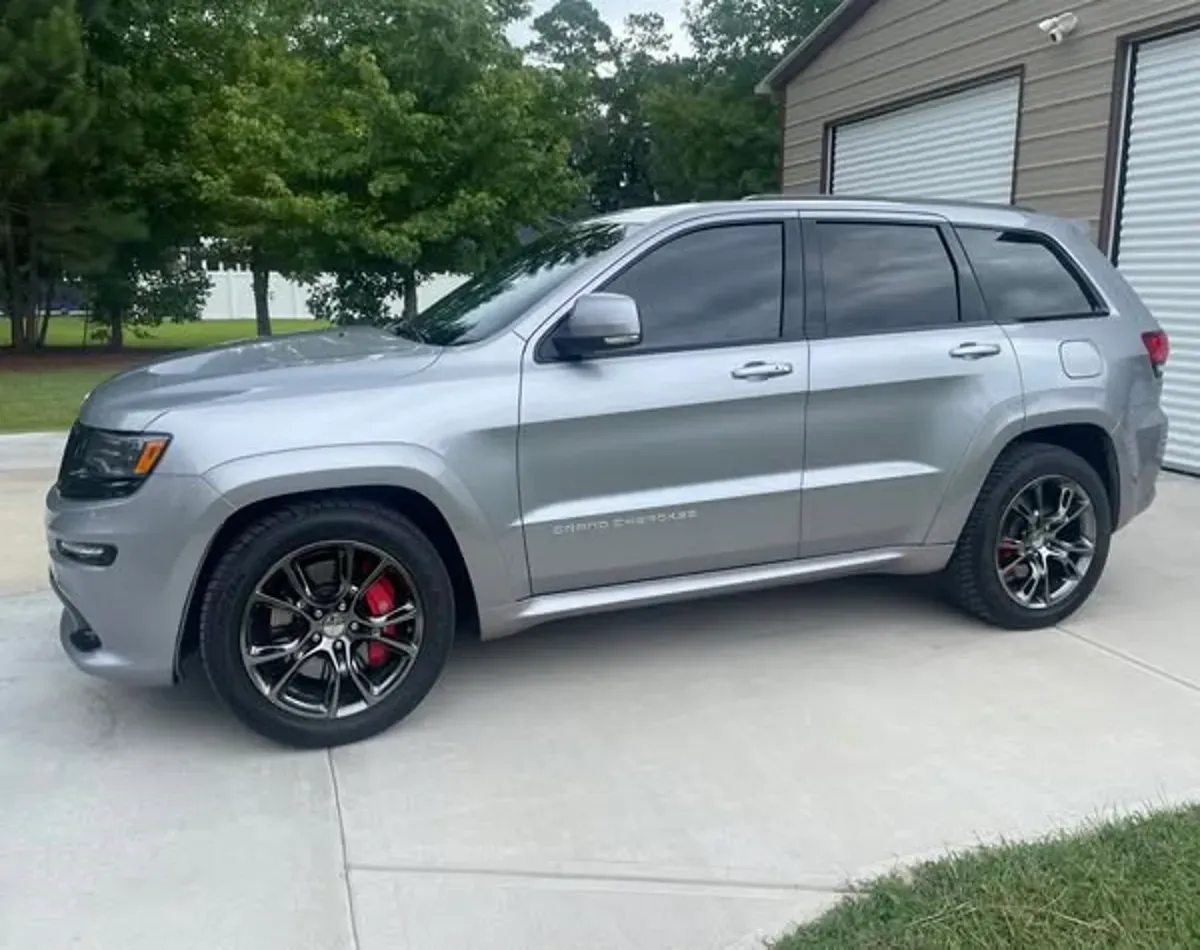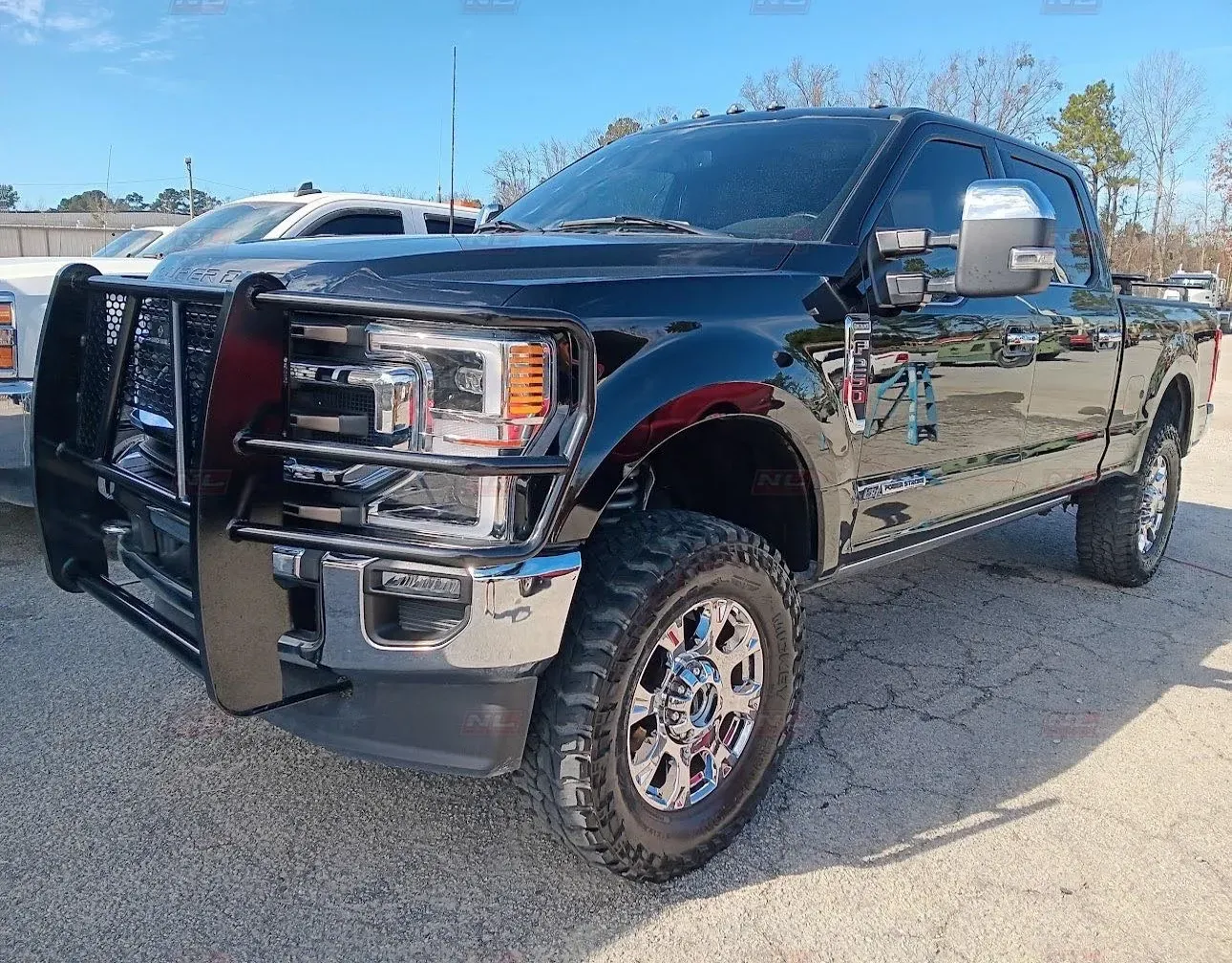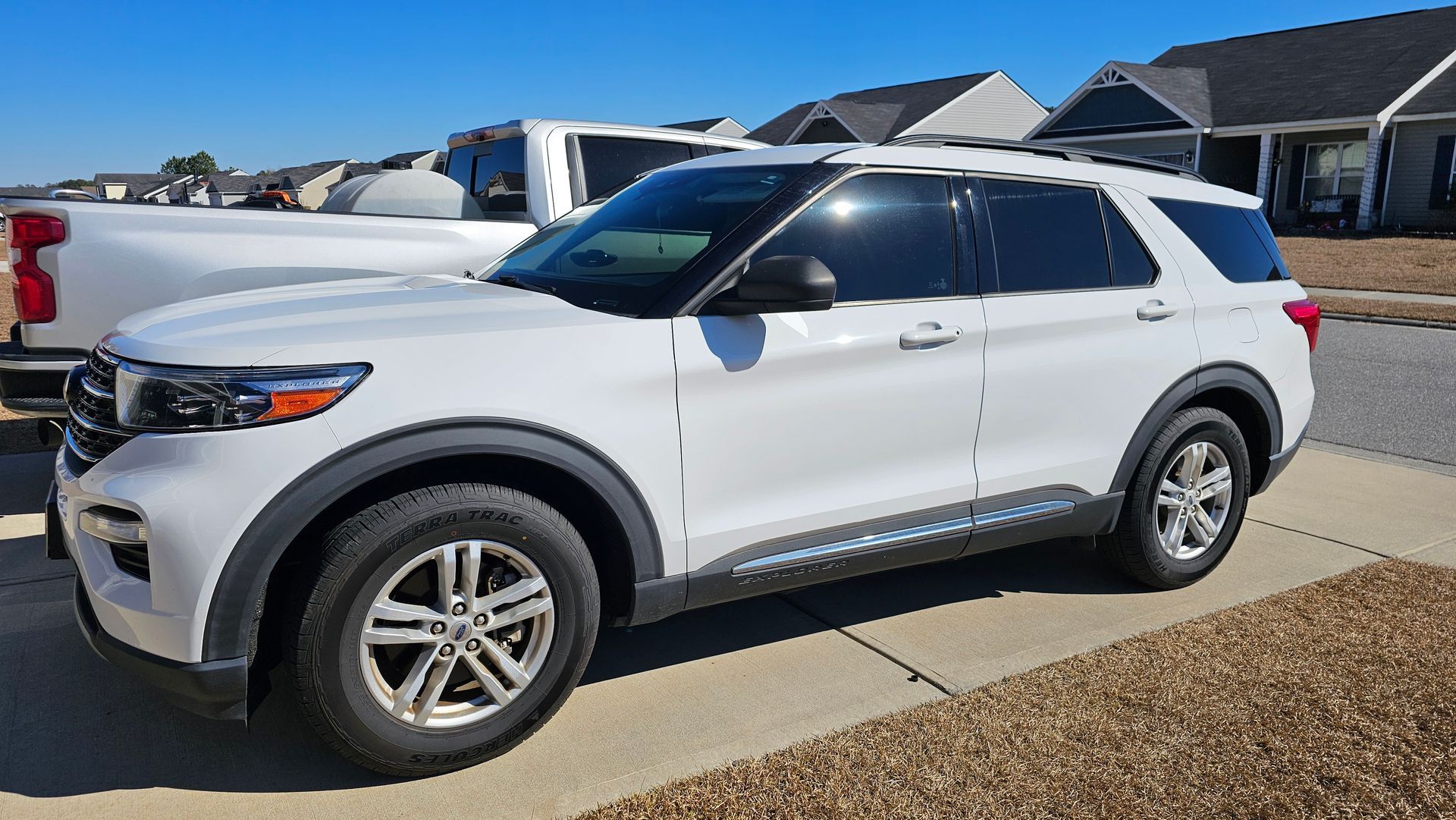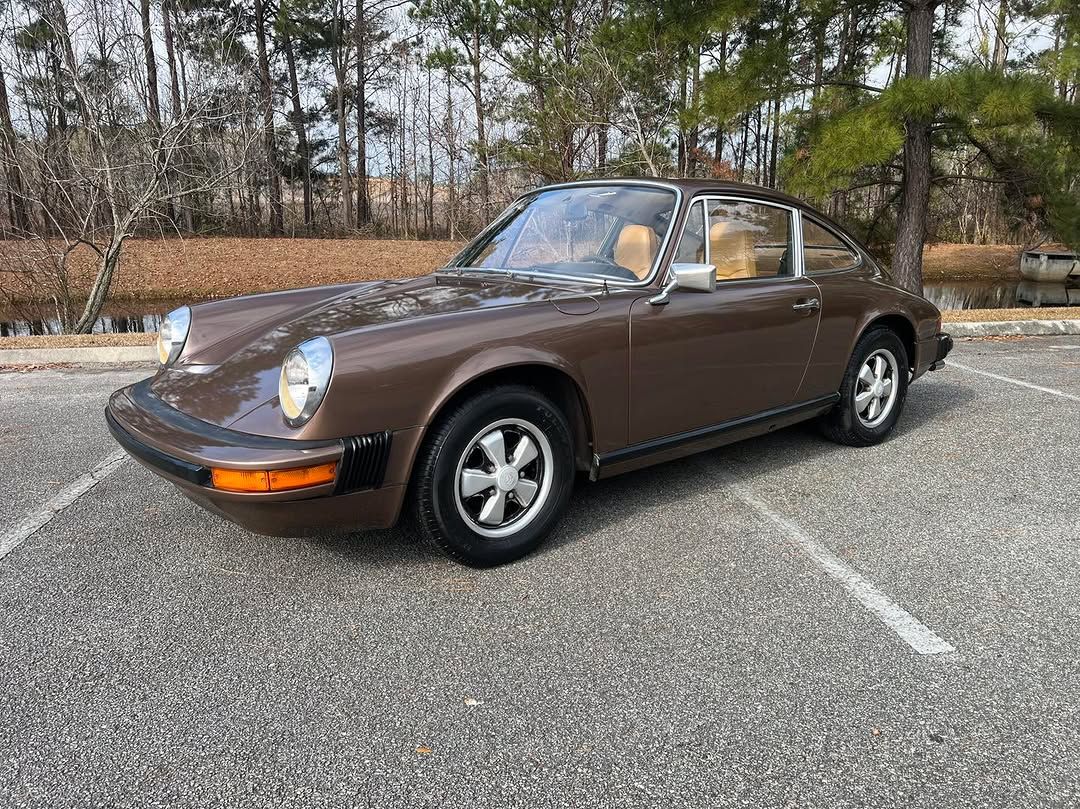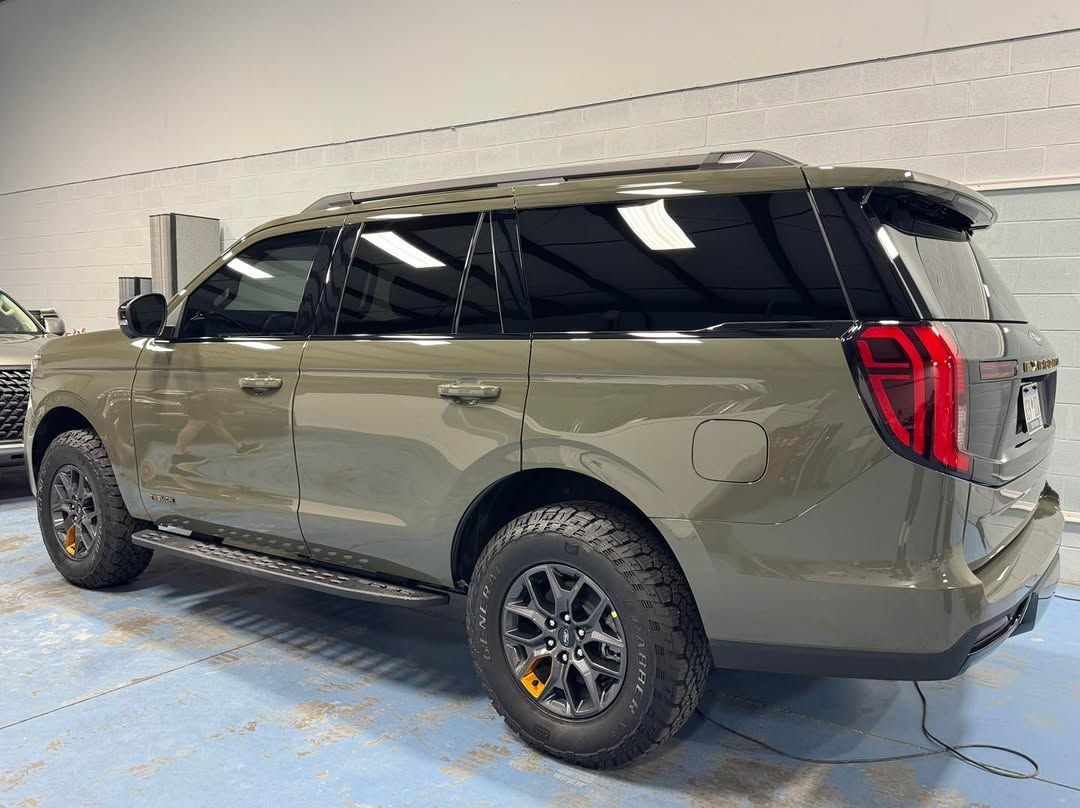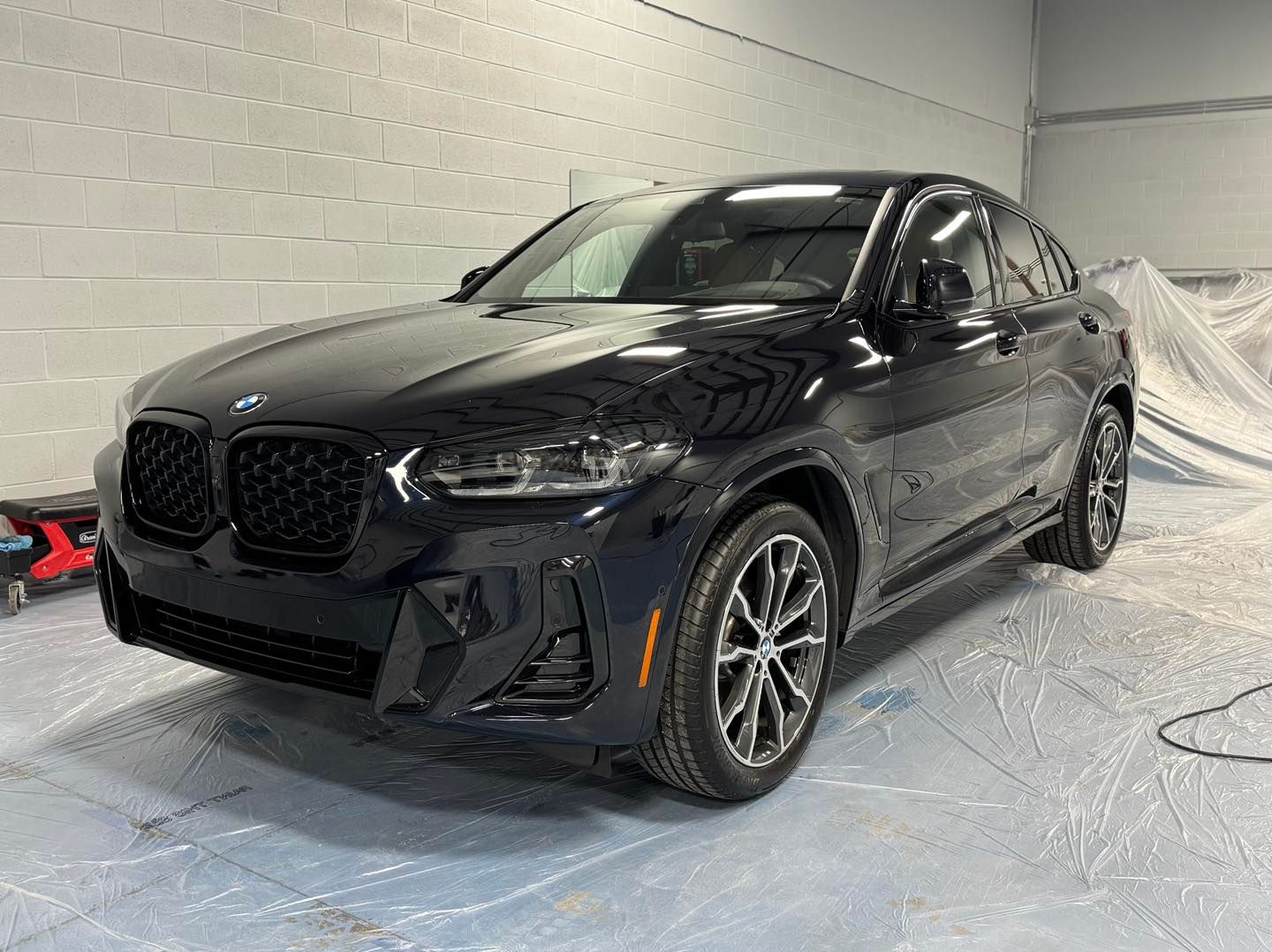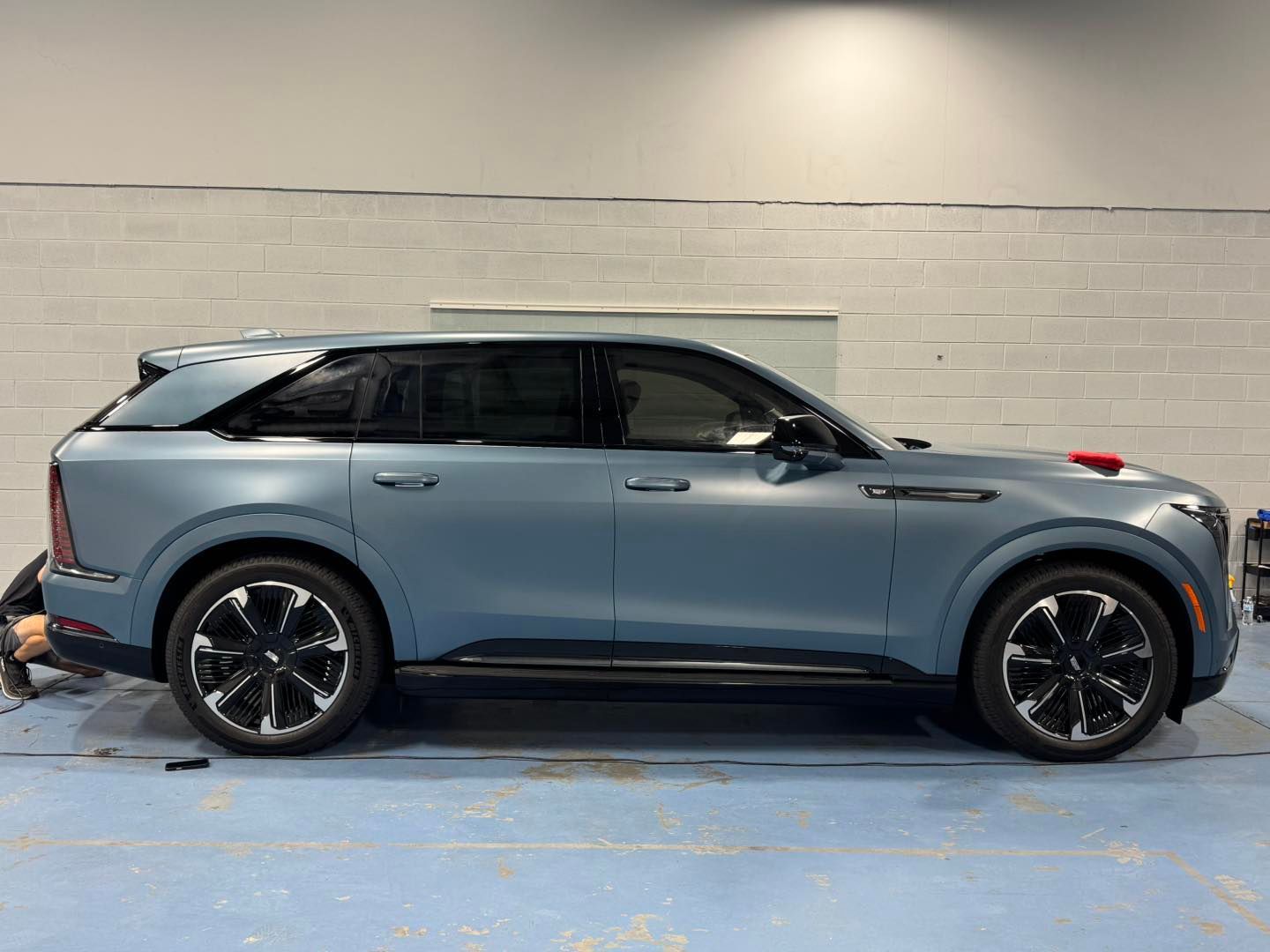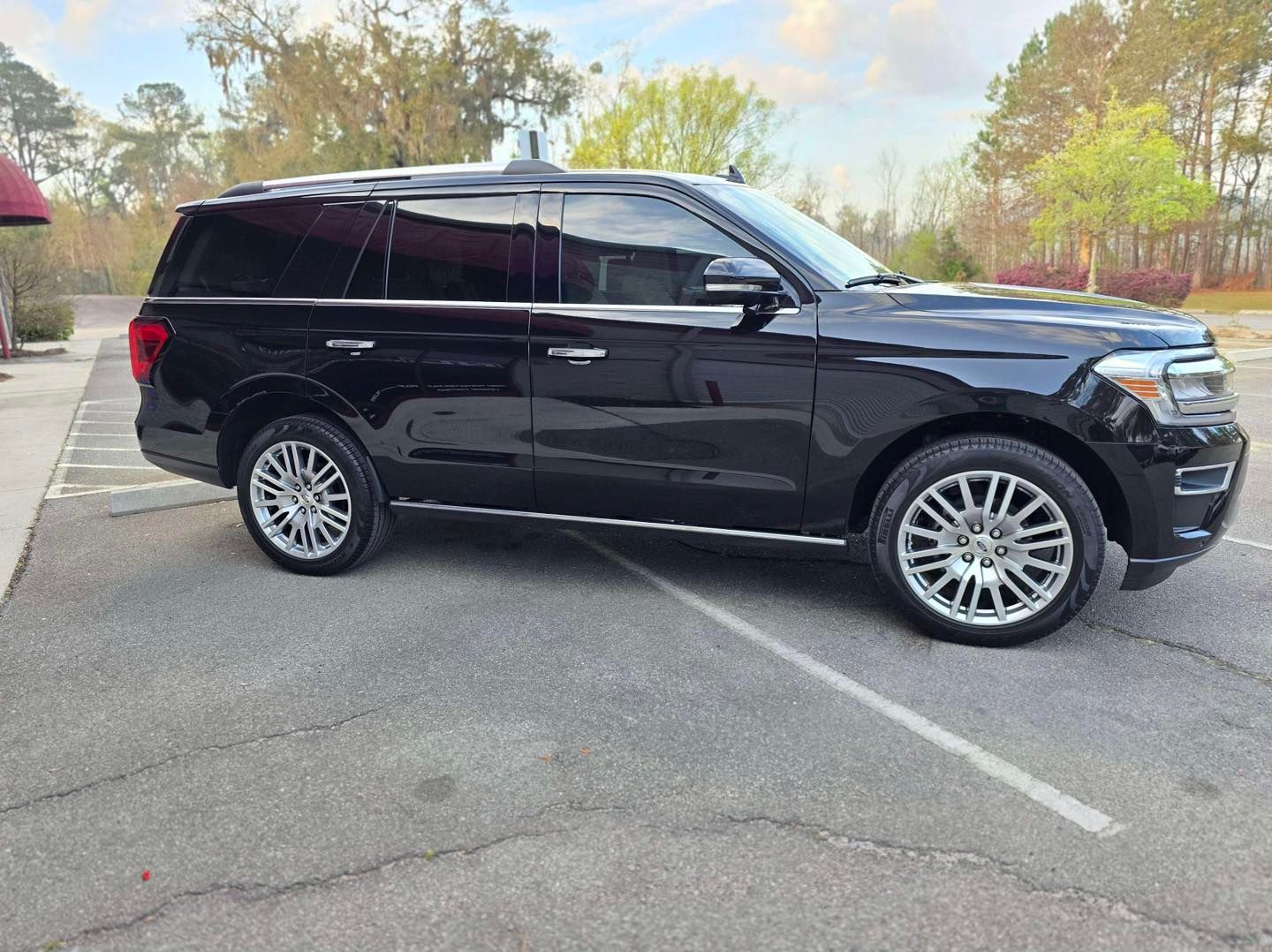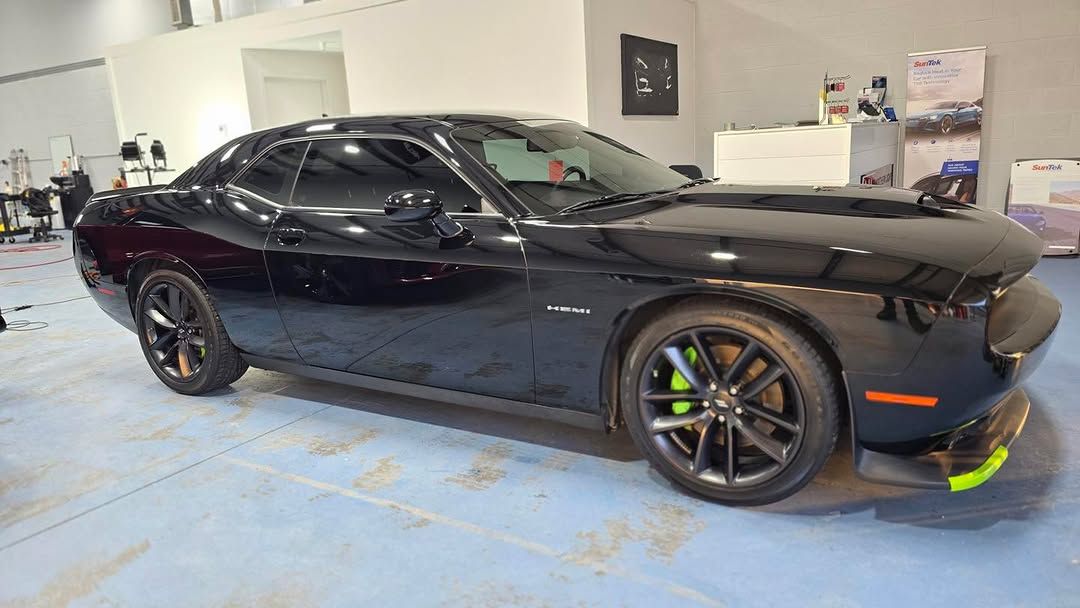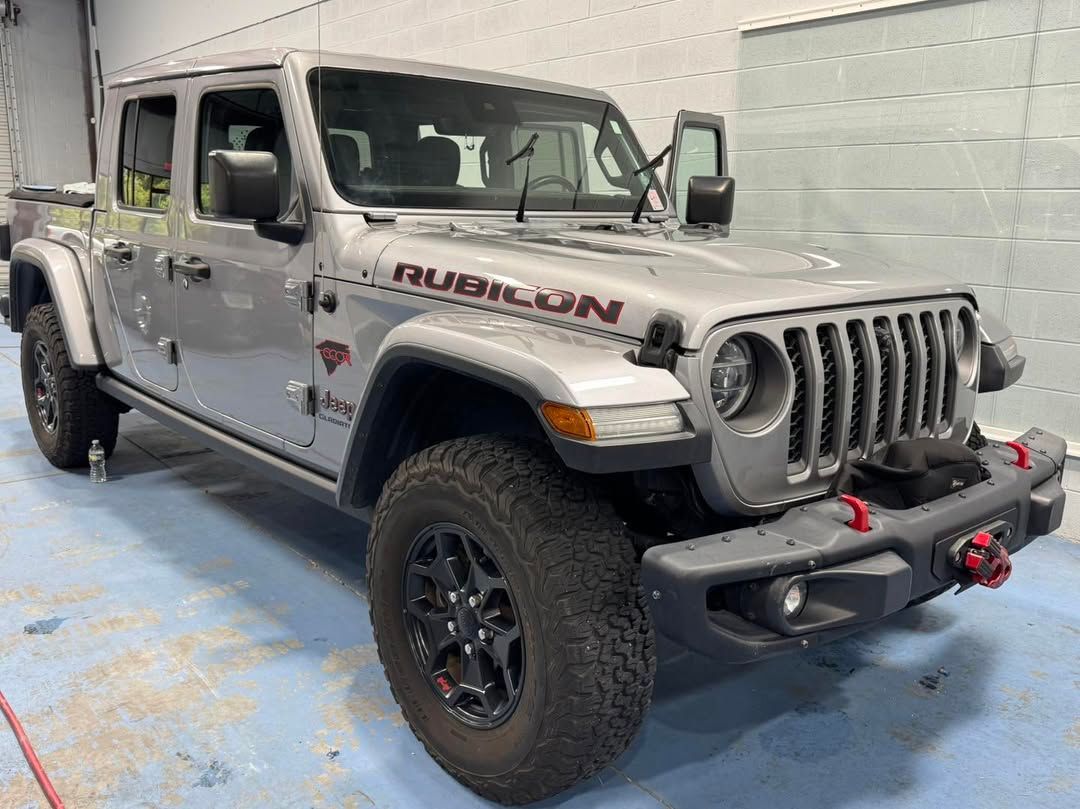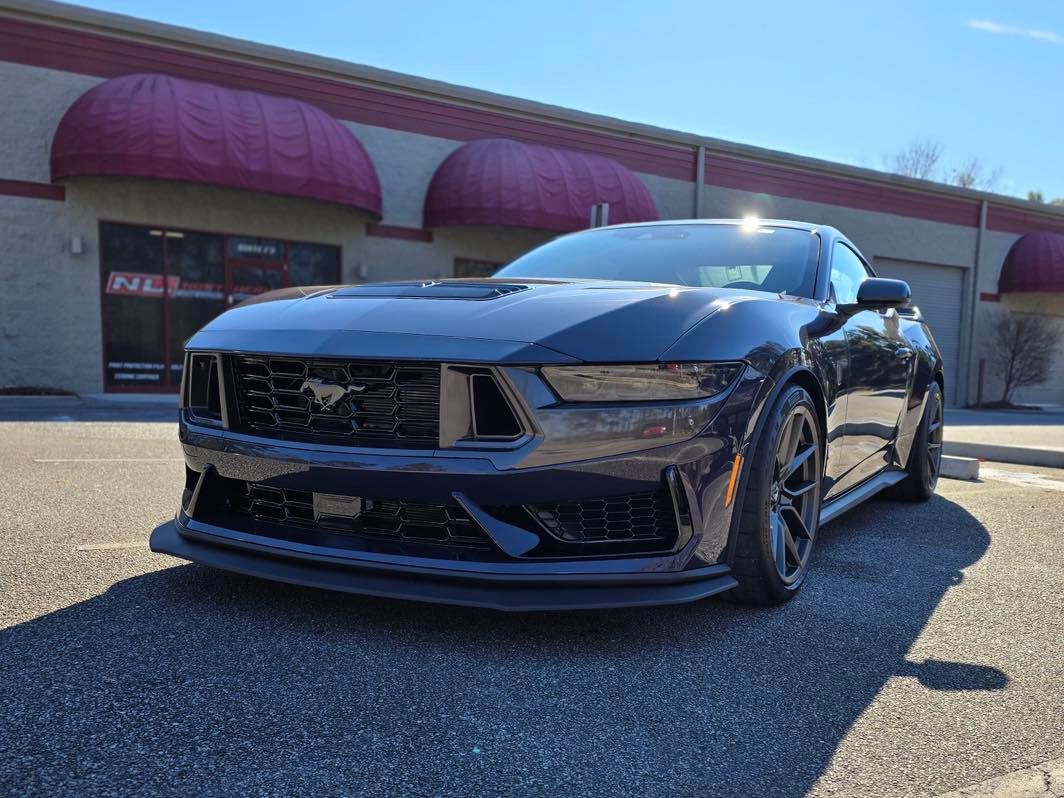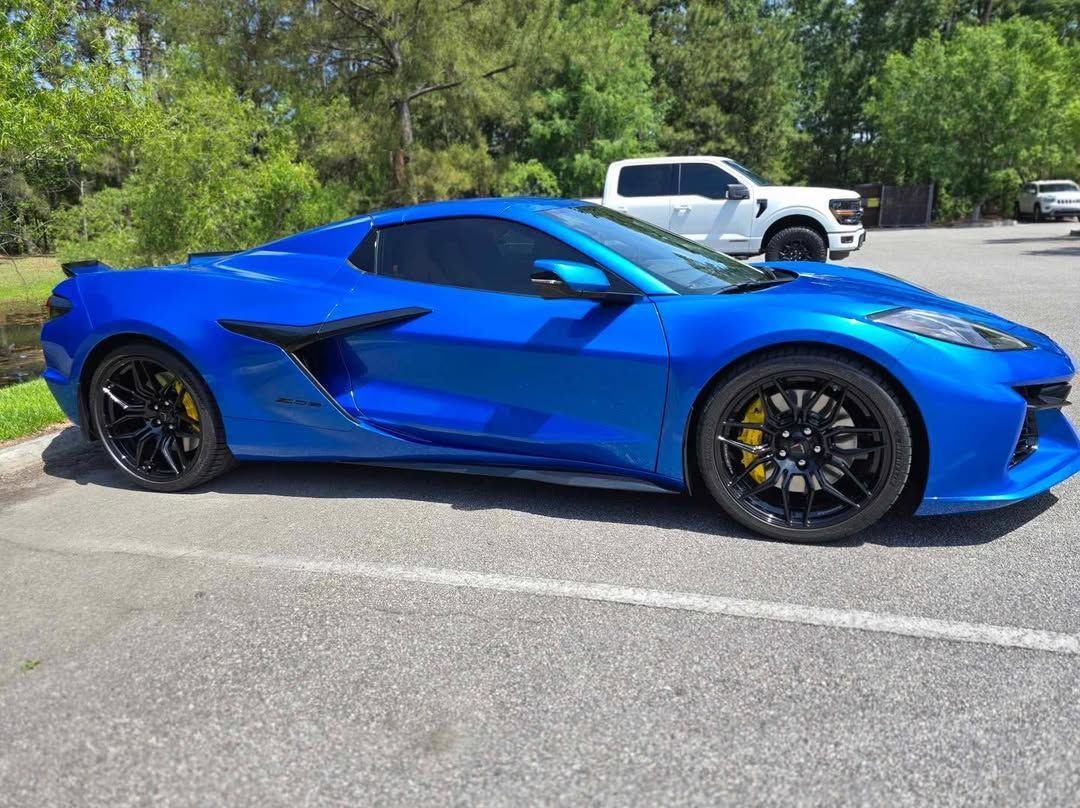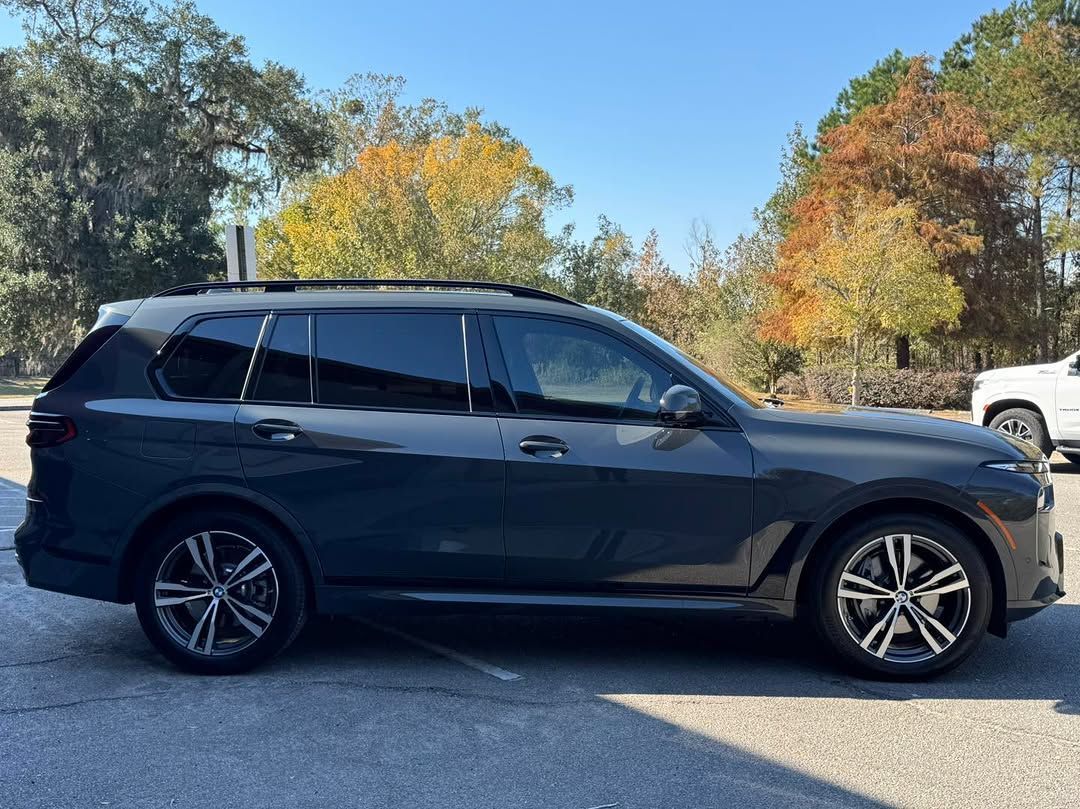Best Window Tint for Privacy: Films for Homes and Vehicles
When you want more privacy in your home or vehicle, window tinting offers a simple, effective solution. Beyond its practical use, the right film can improve comfort, preserve interior materials, and reduce sunlight exposure without making your space feel dark or closed in. Whether you're upgrading your living room or adding tint to your daily driver, choosing the right type of window film depends on how much visibility control you need, the style you prefer, and the function you're after.
At Northern Lights Home and Auto Coatings, we help homeowners and drivers in Savannah and surrounding areas find the right window tinting solution based on actual performance—not just shade percentages. If you're unsure which film is right for your application, the sections below outline top-rated options and practical differences to help you narrow your choices.
Types of Window Tints That Improve Privacy
Privacy tints differ in composition and appearance. Some reduce glare and allow light in, while others completely block views. Here are four common types to consider.
Solar or Sun Control Films
These films are designed to improve privacy during the day while maintaining indoor brightness. Sun control films filter visible light and reflect heat, reducing glare and preventing interior fading. A popular choice for residential and commercial spaces, they also help regulate indoor temperature.
- Example: 3M Night Vision 15 offers strong daytime privacy with a visible light transmission (VLT) of 15%.
- This product is best suited for homes that are exposed to direct sunlight or for rooms that require privacy without complete blackout.
Privacy Mirror (One-Way) Films
Mirror films reflect light, creating a one-way mirror effect. People often install them in office spaces, front-facing rooms, or areas near sidewalks and busy streets for daytime privacy. Keep in mind, these films lose their effect at night when interior lighting is stronger than outdoor light.
- Offers privacy during the day
- Requires blinds or curtains at night to maintain privacy
- It is not recommended to use blackout films as a standalone solution for complete 24-hour privacy coverage.
Blackout Films
Blackout films provide complete coverage, allowing no visibility from either side. These are used when full seclusion is required, such as in home theaters, bedrooms, or storage rooms. While they block all light, some models allow a subtle glow to pass through to avoid total darkness.
- Excellent for sensitive areas
- Eliminates visibility entirely
- Works well with layered privacy strategies in residential settings
Decorative Privacy Films
Decorative tints combine design with function. They obscure views while introducing patterns, textures, or frosted finishes that complement interior aesthetics. These films are especially useful in bathrooms, glass doors, and street-facing windows where you want light without visibility.
- Styles include frosted glass, etched designs, and custom patterns.
- Improves privacy while enhancing decor
- Common in both residential and small commercial applications
How to Choose the Right Tint for Your Space
Not every film works well in every situation. Here’s what to keep in mind when deciding on a privacy tint.
Consider Lighting and Visibility Needs
The VLT percentage helps determine how much light passes through the film. A higher VLT allows more light but reduces privacy. If you only need daytime coverage, reflective mirror films may be enough. However, if you need nighttime privacy, darker or blackout films are better options.
Match Tint Type to Usage
- For homes in sunny climates: Solar films provide both privacy and energy savings.
For bedrooms and private areas: Blackout films create a controlled, secure environment. - For bathrooms and offices: Frosted films allow light in while maintaining discretion.
For vehicles: Ceramic or carbon films balance heat rejection with lawful VLT levels.
Always check local tinting laws—especially for vehicles. Regulations vary by state and may restrict how dark certain windows can be.
Additional Benefits: UV Protection and Comfort
Window films do more than block views. High-quality tints can block up to 99% of UV rays, protecting your skin and slowing the fading of upholstery, flooring, and dashboard materials.
Key Benefits of UV-Blocking Tints:
- Helps reduce interior heat buildup
- Extends the life of furniture and vehicle interiors
- Offers a layer of skin protection during daily exposure
For vehicle owners in Savannah, prolonged sun exposure is a major concern. Ceramic tinting options—such as those offered by Northern Lights Home and Auto Coatings —provide added infrared heat rejection for greater cabin comfort and UV protection without a reflective finish.
Aesthetic Improvements Without Sacrificing Privacy
Window tinting also allows for tasteful design enhancements. Decorative films can be customized to match your space and create visual interest.
Popular Decorative Options Include:
- Frosted or etched glass appearance for bathrooms and doors
- Geometric patterns for a contemporary feel
- Custom branding for storefronts or offices
These tints serve dual purposes, offering privacy while improving visual appeal. Many clients in the Savannah area choose these films for home renovations where form and function matter equally.
What to Expect During Installation
A professional window tint installation ensures a clean, accurate application with no bubbles or peeling edges.
Professional Tint Installation Process:
- Cleaning: Technicians thoroughly clean the glass to remove any debris.
- Measurement & Cutting: Film is cut precisely to match your windows.
- Application: A slip solution allows repositioning before squeegeeing the film flat.
- Trimming: We trim excess film to achieve a perfect edge.
- Drying: Films begin curing immediately, but full drying may take several days.
Estimated Time and Cost
- Home tinting: $100–$500, depending on the number and size of windows
- Automotive tinting: $150–$800 based on tint type and vehicle size
We recommend scheduling a consultation with Northern Lights Home and Auto Coatings to receive a tailored quote and explore the best film options for your needs.
Maintenance Tips to Extend the Life of Your Tint
Tint longevity depends on care. Regular maintenance helps keep your film looking clean and functioning properly.
Cleaning and Care
- Use ammonia-free cleaners and a soft microfiber cloth.
- Wipe in straight lines rather than circles to avoid dragging dirt.
- Avoid sharp tools or abrasive materials.
Edge Protection
- Avoid catching edges when rolling down vehicle windows or cleaning.
- If peeling begins, schedule an inspection to correct the issue early.
Inspection Routine
- Check your tint every few months for signs of bubbling, fading, or scratches.
- Address problems early to avoid replacement.
With the right care, your tint can last several years while maintaining its performance and appearance.
Why Professional Installation Matters
While DIY kits may appear cost-effective, they often lack the precision needed for a clean, durable application. Common issues with self-installed films include bubbling, misalignment, and adhesive failure. These problems can shorten the film's lifespan and compromise its effectiveness.
Choosing a certified installer like Northern Lights Home and Auto Coatings eliminates these concerns. Our technicians understand how different films behave under various conditions, and we use high-quality tools to ensure lasting results. Whether it's a residential bay window or a curved car windshield, we apply tints with the attention to detail your investment deserves.
Home vs. Car Tint: Key Differences
While many films are available for both residential and automotive use, their requirements differ.
Residential Tinting
- Focuses on heat reduction, privacy, and energy efficiency
- It allows for larger design choices, such as frosted or decorative finishes.
- Less impacted by legal regulations
Automotive Tinting
- Local VLT laws must be adhered to.
- Prioritizes heat rejection, UV protection, and driving visibility
- The company often uses ceramic or carbon-based films to enhance performance.
If you’re unsure which type of film is suitable for your windows, Northern Lights Home and Auto Coatings offers product consultations and professional installation for both homes and vehicles in Savannah and nearby areas.
Questions to Ask Your Installer
Before scheduling your installation, consider asking the following:
- What types of films do you recommend for my specific needs?
- Are your films covered by a manufacturer’s warranty?
- How long will the installation take?
- What are your cleaning and maintenance recommendations?
Asking these questions upfront helps you understand what to expect, ensures transparency, and confirms you're getting high-quality service.
Home vs. Car Tint: More Use-Case Scenarios
Residential Examples
- Home Office: A light-diffusing tint can reduce screen glare while still allowing natural light for video calls and daytime work.
- Nursery or Baby Room: Sun control tints help regulate temperature and reduce UV exposure for young children.
- Rental Properties: Decorative films can offer privacy without making permanent changes, making them an excellent choice for short-term rentals or staged homes.
Automotive Examples
- Commercial Fleets: For service vehicles, privacy tints protect tools and equipment from visibility while keeping interior temperatures manageable.
- Rideshare Vehicles: Tints can improve passenger comfort, reduce sun glare, and offer a more professional look.
- Work Trucks: Film helps reduce dashboard and seat wear for vehicles parked outdoors for long periods.
These specific examples demonstrate how tinting can be tailored to meet unique needs, whether you're protecting valuables or improving everyday comfort.
Frequently Asked Questions (FAQ)
1. What’s the best window tint for daytime privacy?
Sun control films and one-way mirror tints are excellent choices for maintaining daytime privacy. They allow natural light to enter while reducing outside visibility during daylight hours.
2. Can window tint provide privacy at night?
Standard mirror films lose their effectiveness after dark when interior lighting becomes stronger. For 24-hour privacy, darker or blackout films are more reliable options.
3. How long does window tint typically last?
With proper care, professionally installed window film can last anywhere from 5 to 10 years. Longevity depends on film type, exposure levels, and maintenance routines.
4. Is ceramic tint worth the extra cost?
Ceramic tints offer better heat rejection and UV protection than standard dyed or metallic films. While more expensive, they’re a smart long-term option for drivers in hot climates like Savannah.
5. Can you remove window tints later?
Yes, you can remove most films without damaging the glass if you do it properly. This is helpful for leased vehicles, temporary installations, or changing design preferences.
6. Do I need to wait before cleaning new tint?
After installation, it’s best to wait at least a week before cleaning your windows. Use only ammonia-free cleaners and soft cloths to avoid damaging the film.
Privacy tints help you control visibility, regulate heat, and enhance your surroundings. Understanding the types of tints available and their performance under various conditions is crucial when installing film on your car or home windows.
For trusted window tint installation in Savannah, contact Northern Lights Home and Auto Coatings. We offer reliable service, top-quality film options, and results that last.
Are you prepared to enhance your privacy through professional window tinting in Savannah?
Contact Northern Lights Home and Auto Coatings today to schedule your appointment. We’ll help you choose the right tint for your home or vehicle.
